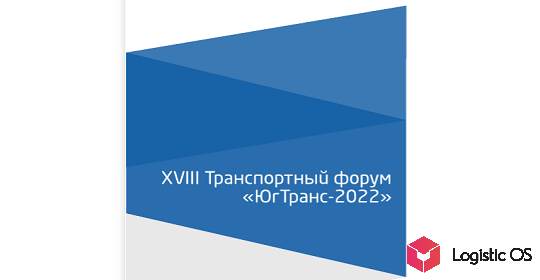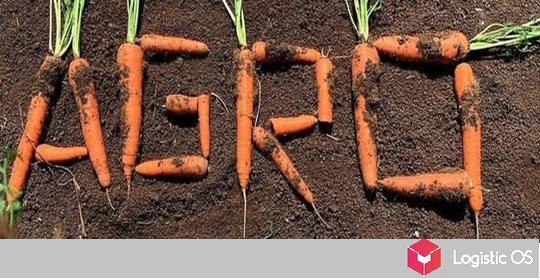The southern regions of Russia are its «granary». However, farmers have many specific problems there.
And the imposed export restrictions complicate their solution.
On the one hand , quotas and duties should contain the rise in grain prices within the country (at least in theory).
On the other hand, — they create a lot of difficulties for farmers. Not only is it impossible to make big profits on high stock quotes, but often the profitability of the business is questionable.
The most important thing is that there is no money left to invest in their own development.
And this can lead to big problems in the future, says Anna Kasyanenko, general director of SKVO SZAO.
“I believe the fee is a temporary measure. With a good grain harvest in the country, there will be a surplus in the domestic market, and restrictions will not be needed.
It would be pointless to put an export fence under such conditions, thereby depriving the farmers of their well-deserved earnings.
As for the crops grown in the fields of our farm, we cannot, unfortunately, replace them with other, more marginal ones. This is determined by the rules of crop rotation. Limited space also hinders.
In addition, we are in an arid zone, influenced by Kalmyk winds. To minimize the impact of these factors, we carry out annual reclamation work, planting forest shelter belts, ”she notes.
Thus, farmers in the southern regions each year require large amounts of funds for the very reclamation (and the climate is becoming more arid), for forest belts.
There are additional complications.
One of them is the deterioration of the agricultural machinery park .
For example, the deputy of the Legislative Assembly of the Rostov region Vyacheslav Vasilenko knows that up to 29 thousand tractors work in this region, but 64% of them are “beyond the depreciation line”. Where can companies get money to update all this?
Another sore subject is fertilizers.
The cost for them has almost doubled over the past year.
At the same time, the producers’ own incomes «thanks to» the duties did not change — they did not manage to extract excess profits from the fact that wheat today is traded at $ 300 per ton instead of $ 200.
But this profit could have been spent at least on those very fertilizers. Many farms are already refusing to purchase them, and this not only reduces the future harvest, but also contributes to the depletion of the land.
Finally, the level of automation and digitalization in the agricultural sector in the southern regions of the country is also far from exemplary.
The reason is, firstly, the lack of qualified personnel.
And secondly — the same lack of funds. Investments in modern technologies have a huge effect, but not immediately.
And farmers, as a rule, are not ready to invest in the long term — they would have to find funds for fertilizers and new equipment.
As a result, it turns out that quotas and duties can render the Russian agro-industrial complex a truly «disservice». But the negative consequences will not become obvious immediately, but in a few years.

